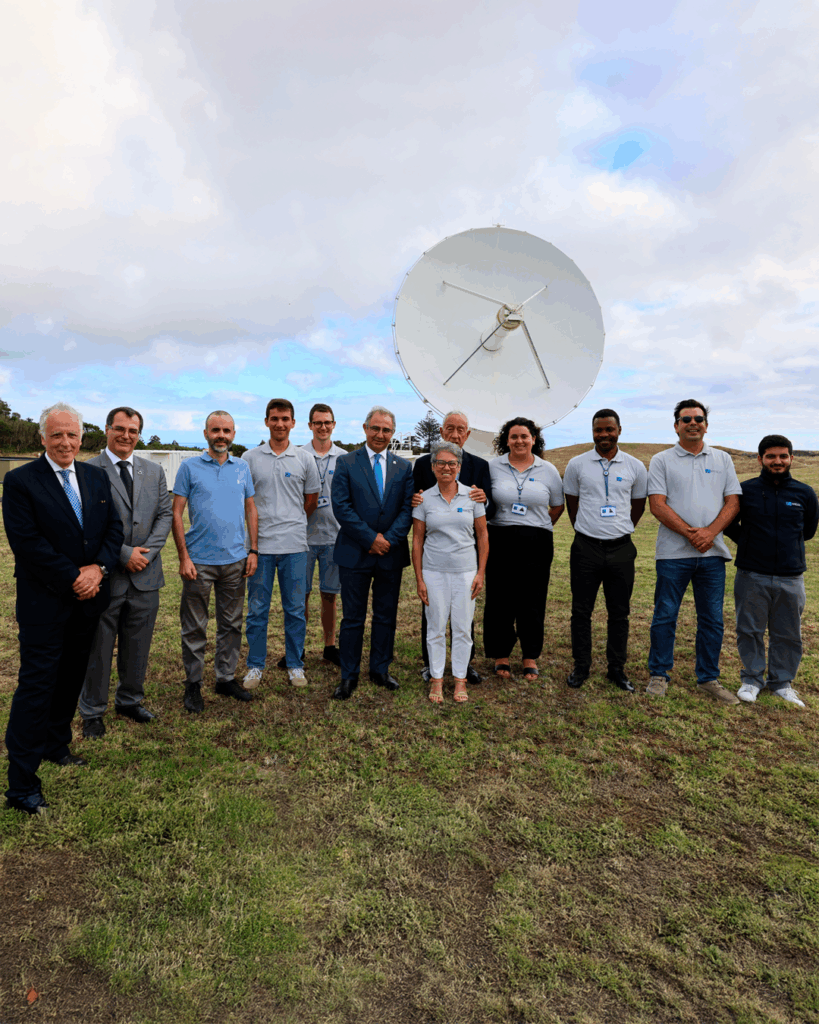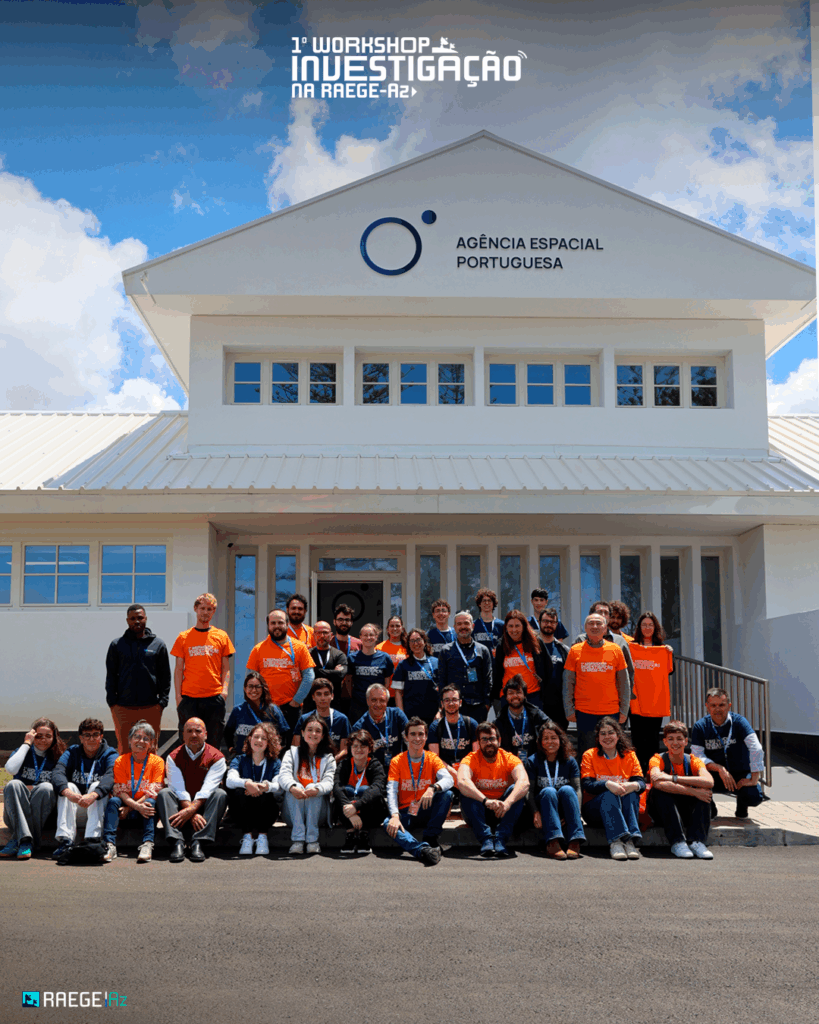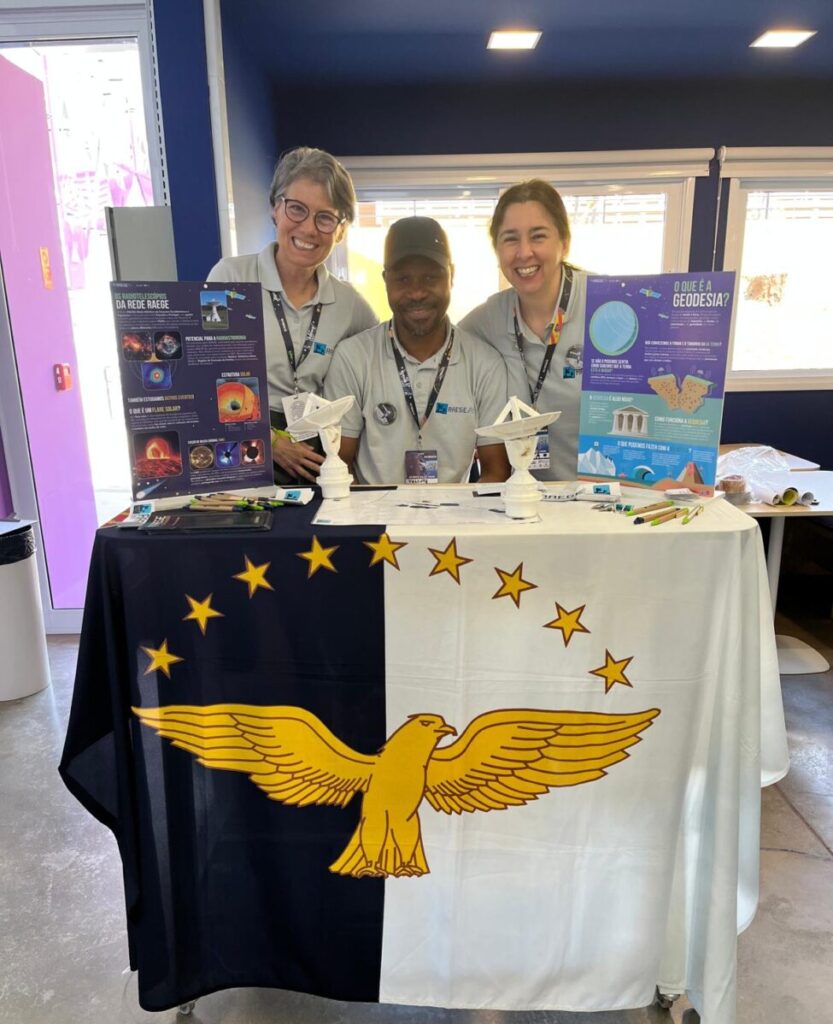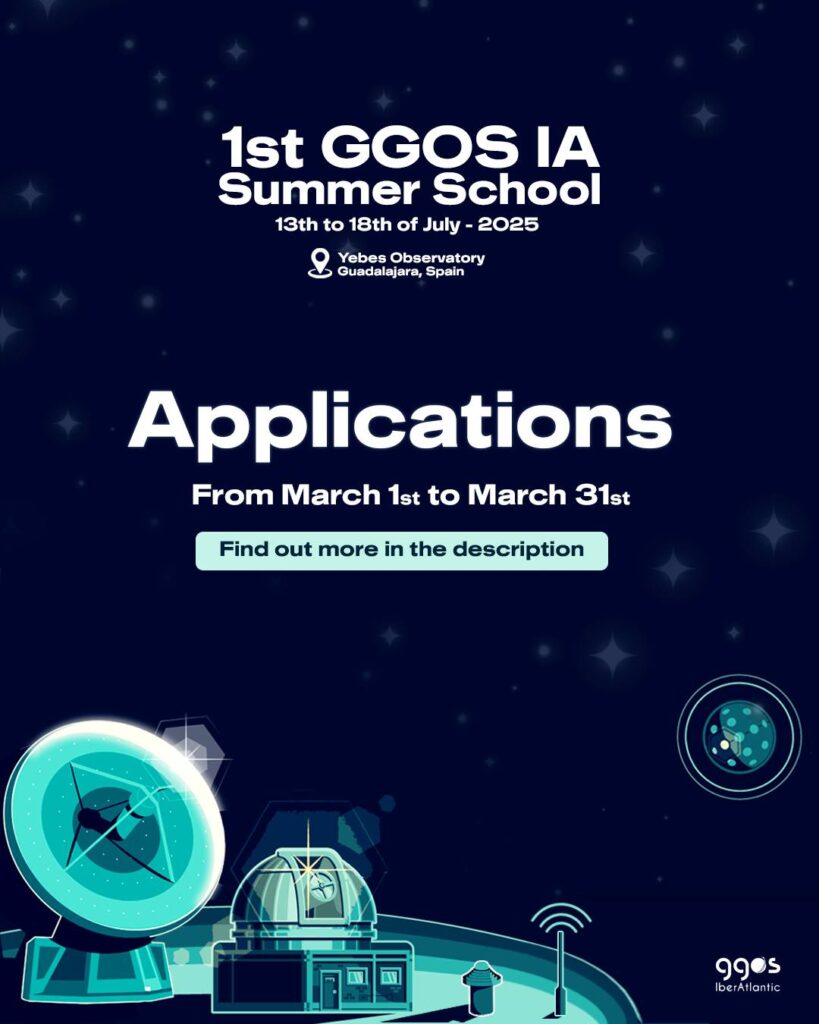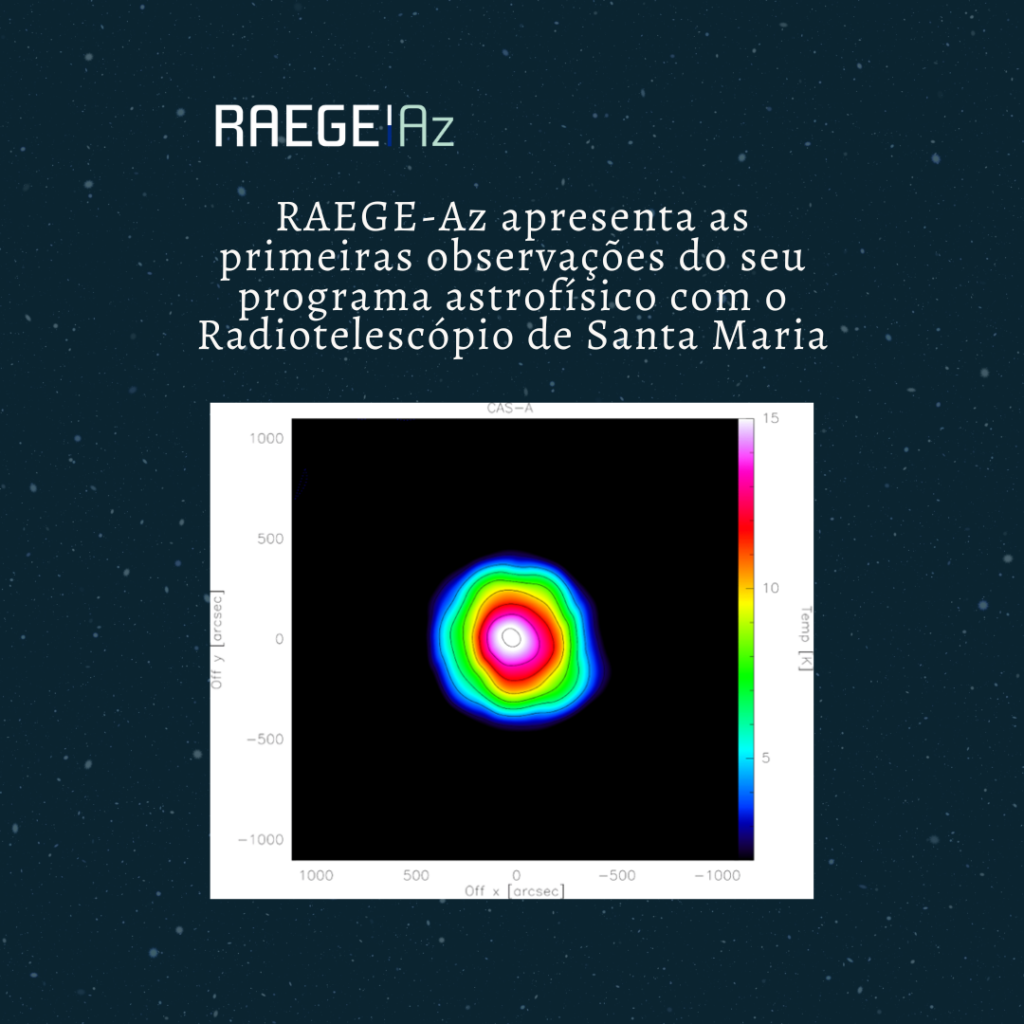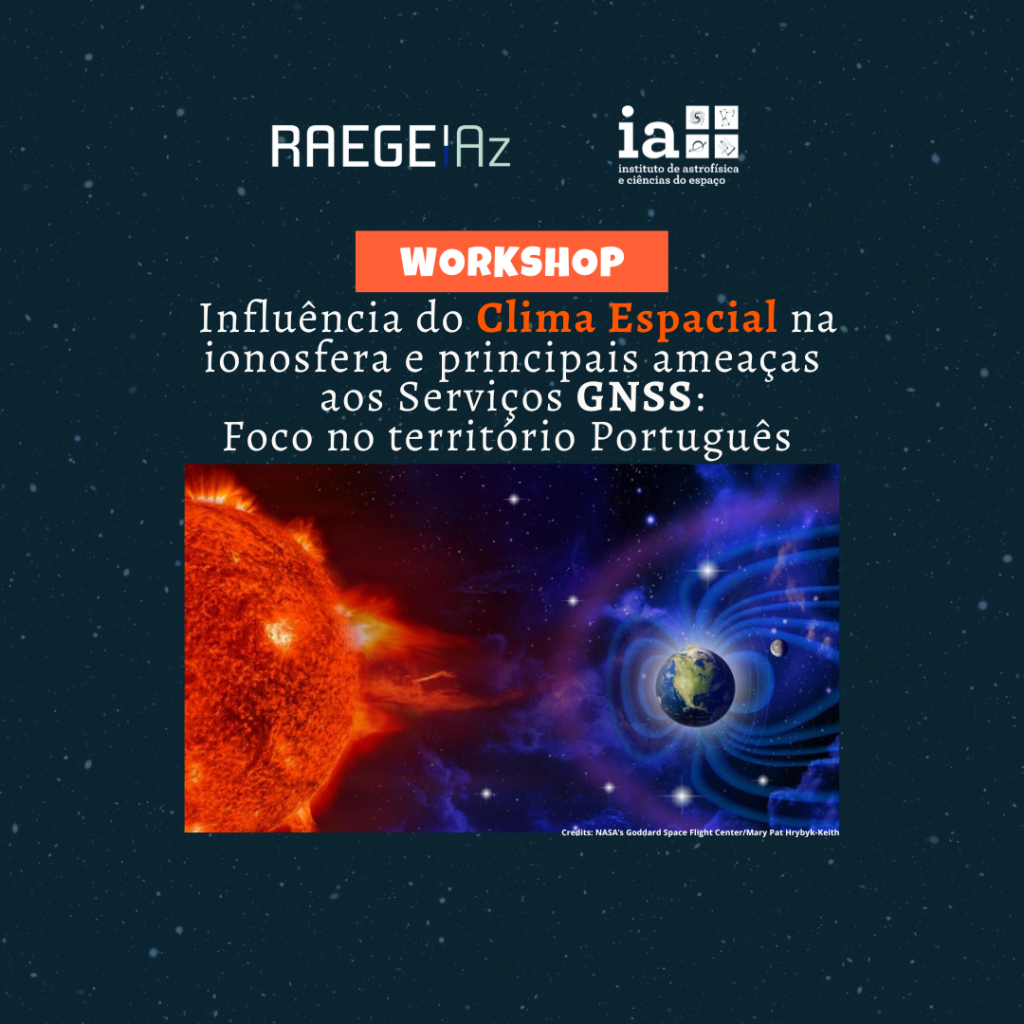Visita do comandante operacional dos Açores à RAEGE Açores.
A RAEGE Açores teve a honra de receber nas suas instalações o excelentíssimo comandante operacional dos Açores, tenente-general César Paulo da Silva Rodrigues, acompanhado pelo major Pedro Terra. Estiveram também presentes o coordenador da EMA-Espaço, Dr. André Craveiro, e a chefe de gabinete do Secretário Regional dos Assuntos Parlamentares e Comunidades, Dra. Sofia Inácio. Esta […]
Visita do comandante operacional dos Açores à RAEGE Açores. Read More »

